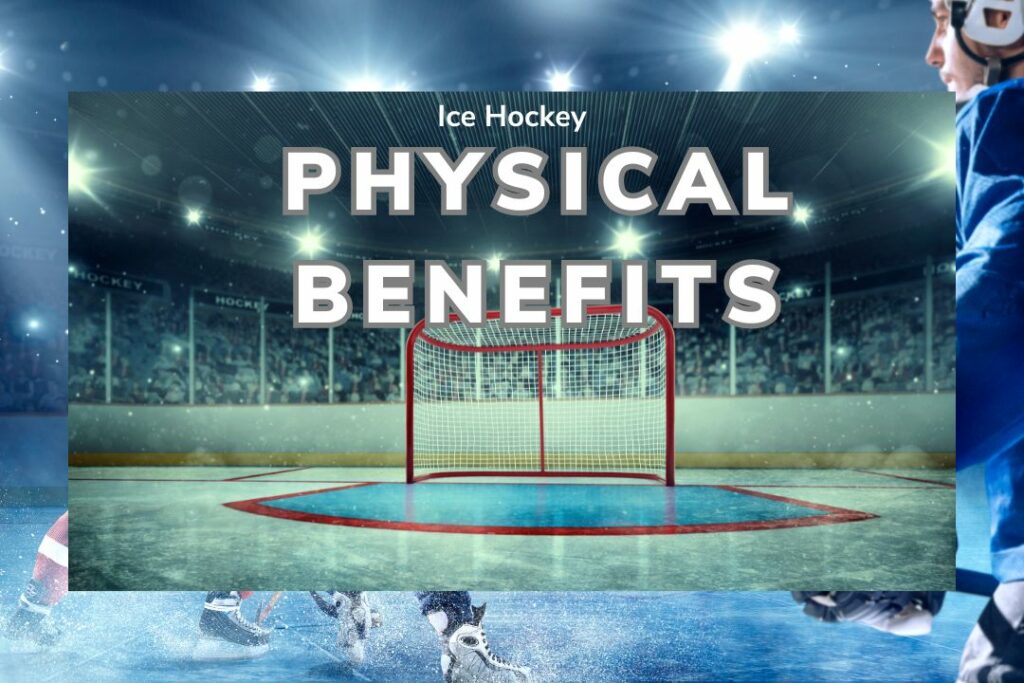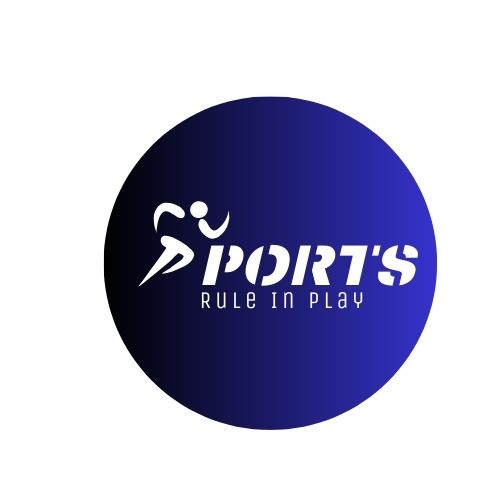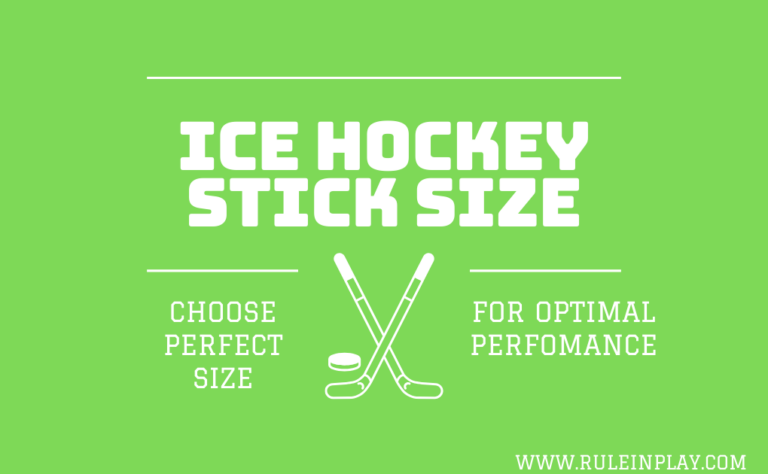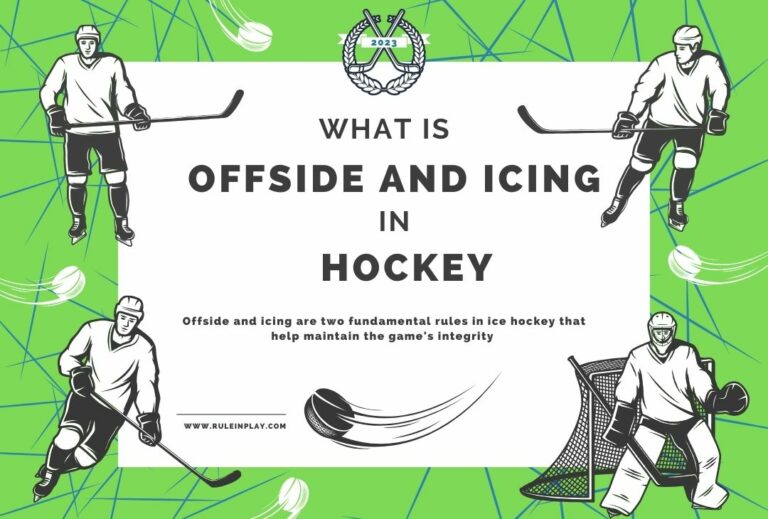What are the physical benefits of playing ice hockey?
Lace up your skates, grab your hockey stick, and get ready to hit the ice! We’re going to explore What are the physical benefits of playing ice hockey. It’s not just a thrilling sport; it also does wonders for your body.
Think of ice hockey like a super cool video game. You’re speeding across the ice, making quick turns, and trying to score goals with a puck that travels at lightning speed. It takes a ton of skill and is loads of fun!
Now, let’s talk about why ice hockey is so great for your body. First, it’s a whole-body workout. When you skate, you use your legs, butt, and core muscles. That helps you get stronger and stay steady on the ice. Plus, all that running around boosts your endurance, so you don’t get tired easily.
But here’s the really cool part – the benefits! Ice hockey helps you burn calories, which is like melting away extra fat. It also makes you better at keeping your balance and moving your body smoothly. And because you have to stop and start a lot during the game, it builds up your muscles and makes you quick and strong.
And guess what? It’s not just your body that gets a boost. Playing ice hockey also helps your brain work better, and you learn to work with a team. So, ice hockey is like a super fun way to get fit and have a blast on the ice while you’re at it!
Top 10 Health Benefits of IceHockey
Hockey, a high-octane sport, is not only an exhilarating pastime but also a remarkable means of achieving top-tier physical fitness. From enhancing cardiovascular health to boosting muscular strength and fostering hand-eye coordination, this article unveils the top 10 health benefits of hockey.

Cardiovascular Health
Engaging in the fast-paced world of hockey is akin to having a cardiovascular workout on ice. The game involves intermittent bursts of high-intensity physical exertion, stimulating the heart and lungs, thereby improving the overall cardiovascular system. Skating swiftly across the rink not only bolsters endurance but also reduces the risk of heart-related ailments. A strong cardiovascular system enhances oxygen delivery to the muscles, which is vital for peak performance.
See also : How long does a hockey game last
Muscular Strength
Hockey is a sport that demands the development of robust musculature. The powerful leg muscles essential for accelerating and maintaining balance on the ice are honed to perfection through the sport. The thighs, hamstrings, and calf muscles get a rigorous workout as players push off the ice, turn, and pivot. Upper body strength is not neglected either, as players need strong arms and shoulders for stickhandling and shooting.
Fat and Calorie Burn
The high-intensity nature of hockey makes it a potent fat-burning activity. Players can torch calories at an astonishing rate due to the constant movement, quick shifts in direction, and sudden sprints. The sport effectively melts away excess body fat and contributes to weight management. A 150-pound person can burn approximately 450 calories in just 30 minutes of recreational hockey.
Enhanced Hand-Eye Coordination
One of the most notable benefits of playing hockey is the refinement of hand-eye coordination. Hockey players are tasked with controlling a small, fast-moving puck with a stick while navigating the rink. This necessitates exceptional precision, quick decision-making, and coordination. Such skills are not only valuable on the ice but also in daily life.
Agility and Speed
Hockey players epitomize agility and speed. The sport demands swift changes in direction and the ability to accelerate rapidly. Skaters learn to maneuver gracefully across the ice, evading opponents and seizing opportunities to score. This agility and speed are qualities that can be transferred to various other physical activities, enhancing overall athleticism.
Teamwork and Social Interaction
Participating in hockey fosters a strong sense of camaraderie and teamwork. Players learn to communicate effectively, cooperate, and support one another on the ice. These skills extend beyond the rink, improving interpersonal relationships and promoting a sense of belonging within a team.
See also : What is Offside and Icing in Hockey
Stress Reduction
Hockey, like any physically demanding sport, serves as an excellent stress reliever. The rush of endorphins during a game helps reduce stress and anxiety. The focus required during play often leads to a temporary escape from life’s daily pressures, providing a mental respite.
Discipline and Work Ethic
Hockey instills discipline and a strong work ethic in players. The dedication required for regular practice, conditioning, and honing one’s skills is unparalleled. This discipline carries over into other areas of life, promoting a strong sense of responsibility and determination.
Improved Reflexes
Quick reflexes are an absolute necessity in hockey. Players must react swiftly to changes on the ice, whether it’s a pass, shot, or an opponent’s move. Such reflexes are honed over time and can be advantageous in various situations, not just in the rink.
Balance and Coordination
Maintaining balance on ice skates, while maneuvering a puck and avoiding obstacles, necessitates superior balance and coordination. These skills are integral to preventing injuries on the ice and can enhance overall stability and poise in everyday life.
Wrapping Up
In conclusion, hockey offers a multitude of health benefits, ranging from cardiovascular enhancement to sharpening hand-eye coordination. It’s a sport that not only challenges physical limits but also nurtures mental fortitude and camaraderie. Whether you’re a seasoned player or a newcomer to the game, the rewards of embracing hockey as a path to better health are indisputable
·






